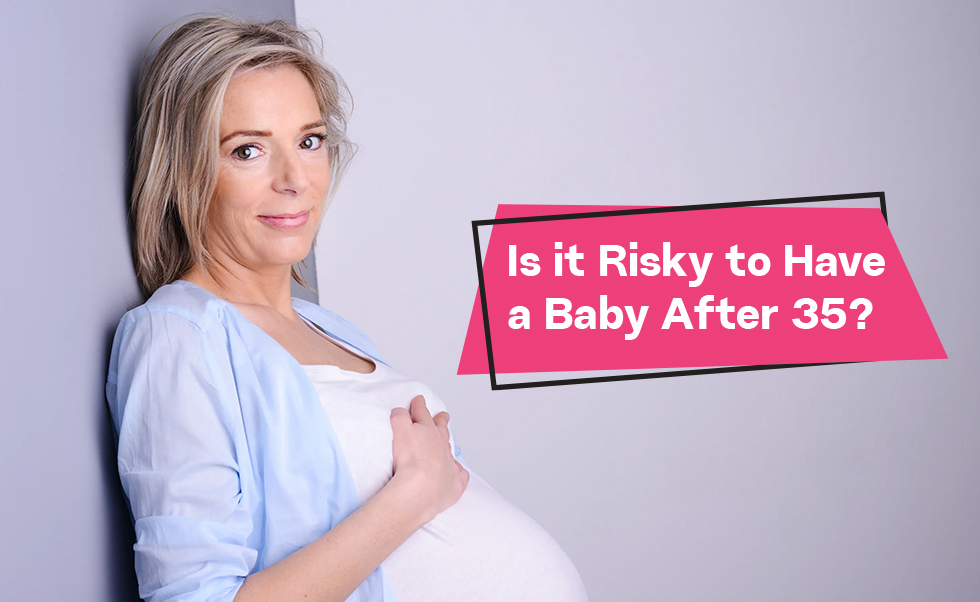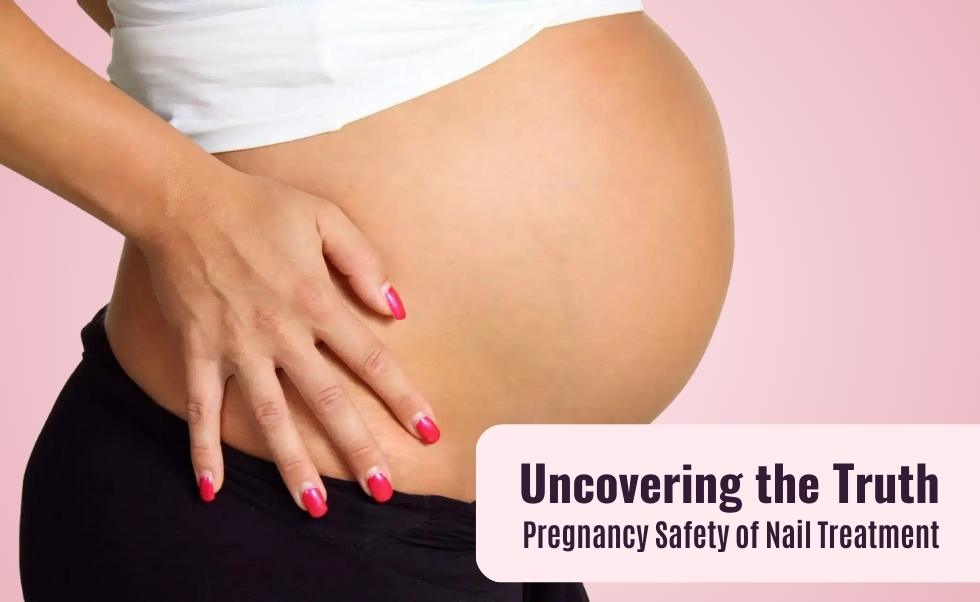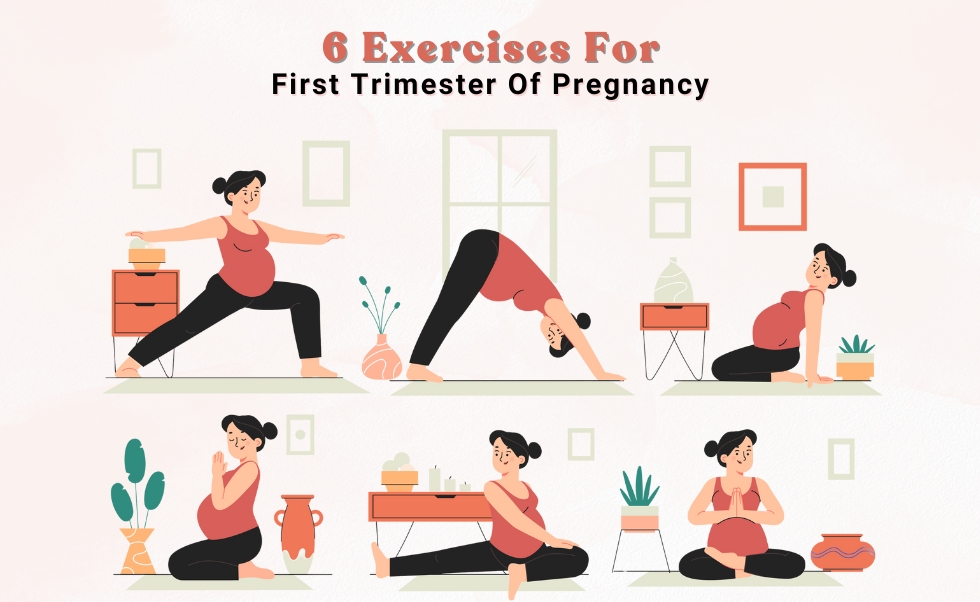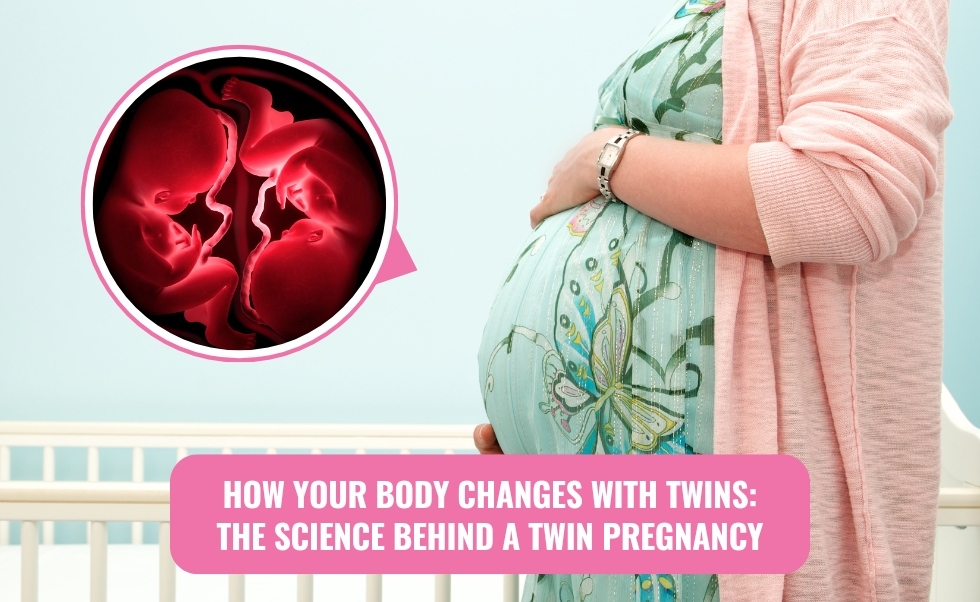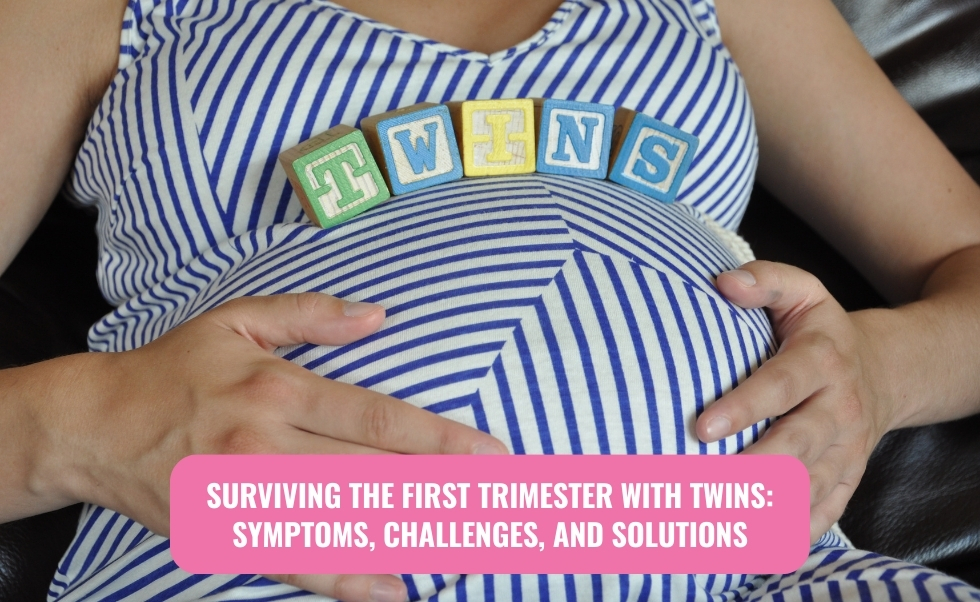For many women, the question of when to start a family is deeply personal and influenced by various factors such as career goals, financial stability, and personal readiness. However, there’s a common concern about the risks of having a baby after age 35. This topic often arises in conversations, especially regarding maternal and child health. Understanding these risks and how to manage them can provide clarity and reassurance for many women.
The Biological Clock: Understanding Fertility After 35

As women age, their fertility naturally declines. This decline becomes more noticeable after the age of 35. The number of eggs decreases, and the quality of the remaining eggs can also be lower. It can make it more challenging to conceive and increase the risk of complications such as miscarriage. However, it’s important to note that many women over 35 do conceive and have healthy pregnancies. In fact, 15% of pregnancies after 35 are successful.
Risks Associated with Pregnancy After 35
While there are increased risks, it is essential to approach this topic with a balanced perspective. Here are some of the risks and how they can be managed:
- Genetic Disorders: The risk of chromosomal abnormalities, such as Down syndrome, increases with maternal age. Prenatal screenings and diagnostic tests can help detect these conditions early in the pregnancy, allowing parents to make informed decisions and prepare accordingly.
- Gestational Diabetes: Women over 35 are at a higher risk of developing gestational diabetes. Regular prenatal check-ups, maintaining a healthy diet, and exercising can help manage blood sugar levels and reduce the risk of complications.
- High Blood Pressure: Older pregnant women are more prone to hypertension, which can lead to conditions like preeclampsia. Monitoring blood pressure, following medical advice, and managing stress levels are crucial for maintaining a healthy pregnancy.
- Preterm Birth: The likelihood of preterm birth is higher for women over 35. Ensuring regular prenatal care and avoiding risk factors such as smoking and excessive physical stress can help in reducing this risk.
- Cesarean Delivery: There is a higher chance of requiring a cesarean delivery for older mothers. Discussing birth plans with healthcare providers and understanding the circumstances under which a C-section might be necessary can help in preparing for this possibility.
Benefits of Having a Baby After 35
Despite the risks, there are also several advantages to having a baby later in life:
- Emotional and Financial Stability: Many women in their mid-30s or older are often more emotionally and financially stable, which can provide a supportive environment for raising a child.
- Life Experience: Older mothers bring a wealth of life experience and maturity, which can benefit parenting. They often have a clear sense of their values and priorities, which can positively impact their parenting style.
- Stronger Support Systems: When women reach their mid-30s, they often have stronger support systems, including supportive partners, family, and friends. This network can be invaluable during pregnancy and after childbirth.
Tips for a Healthy Pregnancy After 35
- Preconception Check-Up: It is wise to have a preconception check-up before trying to conceive. This allows the healthcare provider to assess overall health, address any medical conditions, and provide guidance on preparing for pregnancy. A partner plays a crucial role in preconception health, offering emotional, physical, and practical support to ensure a healthy and smooth journey towards pregnancy.
- Healthy Lifestyle: Adopting a healthy lifestyle is crucial. It includes eating a balanced diet rich in vitamins and minerals, exercising regularly, avoiding alcohol and tobacco, and maintaining a healthy weight.
- Regular Prenatal Care: prenatal visits to a certified doctor are essential for monitoring the health of both mother and baby. These visits can help detect and manage any potential complications early on.
- Manage Stress: Pregnancy can be stressful, especially for older mothers. Practicing relaxation techniques such as deep breaths and yoga, additionally seeking support from loved ones, and talking to a mental health professional if needed can help manage stress.
- Stay Informed: Educating oneself about pregnancy and childbirth can empower women to make informed decisions. Attending prenatal classes, reading reputable sources, and discussing concerns with healthcare providers are beneficial.
While there are certain risks associated with having a baby after 35, many women successfully navigate these challenges and have healthy pregnancies and babies. Understanding the risks and benefits, maintaining a healthy lifestyle, and seeking regular medical care are key to managing a pregnancy at an older age. For Indian women considering starting a family later in life, it is crucial to have open and honest discussions with healthcare providers. This ensures that you feel supported and understood, leading to the best possible outcomes for both mother and baby.

